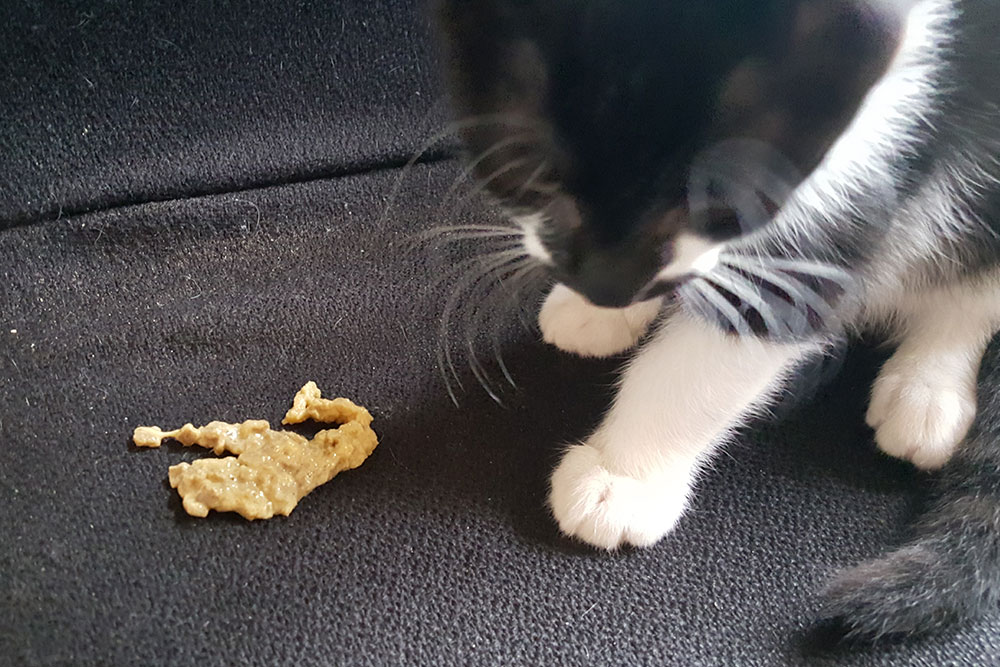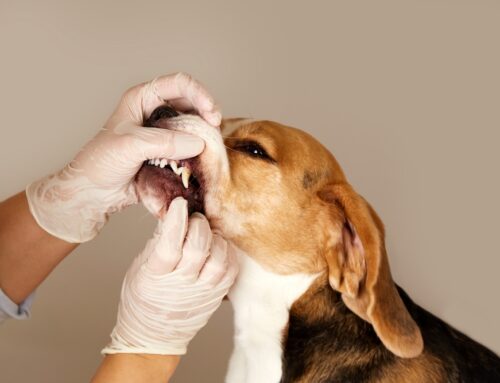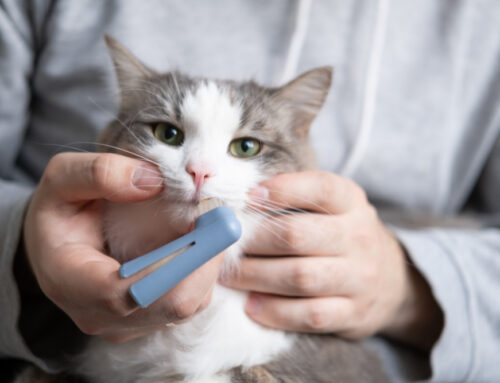Understanding Cat Vomiting: Causes, Concerns, and When to Seek Veterinary Care
Cat Health and Vomiting: What You Need to Know
Vomiting in cats is a common symptom that can arise from a variety of causes, ranging from mild to serious. Understanding why your cat vomits is crucial for ensuring their health and well-being.
At Cane Bay Veterinary Clinic, located in the heart of Cane Bay, South Carolina, we are dedicated to providing comprehensive care to help you manage your cat’s health.
Identifying the Common Causes of Vomiting in Cats
Dietary Indiscretions and Food-Related Issues
Cats often vomit due to dietary indiscretions, such as eating too fast, sudden changes in diet, or consuming inappropriate foods. Food intolerance or allergies can also lead to vomiting. To understand the different types of vomit and what they signify about your cat’s health, reference Types of Cat Vomit – Purina.
To mitigate these issues, consider feeding smaller, more frequent meals and gradually introducing dietary changes. Slow-feed bowls can help cats prone to eating too quickly.
Hairballs: A Frequent Culprit
Hairballs are among the most common causes of vomiting in cats. As cats groom themselves, they swallow hair, which can accumulate in the stomach. When hairballs become too large to pass through the digestive tract, vomiting may occur.
Regular grooming and specialized diets can help reduce hairball formation. Products such as lubricating gels or fiber-rich foods assist in their natural passage through the digestive system.
Infections and Parasites
Various infections, such as gastroenteritis, or parasites like roundworms can lead to vomiting in cats. These conditions disrupt normal gastrointestinal function, causing discomfort and frequent vomiting.
Maintaining a regular deworming schedule and keeping vaccinations up to date can help prevent infections. Routine fecal examinations can detect parasitic infections early.
Chronic Diseases Impacting Cat Health
Chronic diseases such as kidney disease, hyperthyroidism, and diabetes can also cause vomiting in cats. These conditions require careful management and treatment. For an in-depth understanding of chronic kidney disease in cats, visit Chronic Kidney Disease in Cats – Cornell Feline Health Center. Learn more about feline hyperthyroidism at Feline Hyperthyroidism Guidelines – AAHA.
These diseases often progress slowly, with symptoms worsening over time if untreated. Regular monitoring and tailored treatment plans can improve quality of life and longevity.
Recognizing When Veterinary Care is Needed
Emergency Symptoms to Watch
It is crucial to recognize when vomiting indicates a serious condition. Emergency symptoms include:
- Blood in vomit
- Repeated vomiting (more than twice in 24 hours)
- Lethargy or weakness
- Signs of pain such as vocalizing, hiding, or aggression
- Bloated abdomen or sudden weight loss
If you notice any of these symptoms, seek immediate veterinary care.
The Risk of Dehydration and Other Complications
Repeated vomiting can lead to dehydration, which is a significant medical concern. Signs of dehydration include:
- Sunken eyes
- Dry gums
- Lethargy
Providing fresh water and encouraging fluid intake is essential, but veterinary treatment may involve subcutaneous or intravenous fluids to restore hydration.
Diagnostic and Treatment Options
How Vets Diagnose Vomiting Causes
At Cane Bay Veterinary Clinic, diagnosing vomiting involves a thorough physical examination, blood tests, and possibly X-rays or ultrasound. In some cases, advanced diagnostic tools such as endoscopy may be used.
Blood tests can reveal issues like organ dysfunction, infections, or imbalances. Imaging techniques help identify obstructions or tumors that may not be otherwise apparent.
Common Treatments for Vomiting
Treatment depends on the underlying cause and may include:
- Dietary adjustments (prescription diets or limited-ingredient foods)
- Fluid therapy (oral, subcutaneous, or IV fluids)
- Medications (anti-nausea drugs, antacids, or antibiotics)
- Surgery (if a foreign object or obstruction is present)
Our veterinary team tailors treatment plans to each cat’s specific needs, ensuring the best possible outcome.

Tips for Preventing Vomiting in Cats
Diet and Nutrition Management
Proper feeding habits are essential in preventing vomiting. To maintain a healthy diet:
- Feed small, frequent meals
- Avoid sudden diet changes
- Use slow-feed bowls for fast eaters
- Provide high-quality, easily digestible food
Avoid feeding your cat table scraps or human foods, as these can lead to digestive upset.
The Importance of Regular Veterinary Check-Ups
Routine wellness exams are crucial in early detection and management of conditions that could lead to vomiting. Understand the importance of regular check-ups by visiting Importance of Wellness Exams – AVMA.
Understanding the causes of vomiting and knowing when to seek veterinary help are crucial for maintaining your cat’s health. At Cane Bay Veterinary Clinic, we are committed to providing the highest level of care. By being proactive with proper diet, regular vet visits, and observing changes in behavior, you can play a key role in ensuring a long, healthy life for your cat.







Leave A Comment